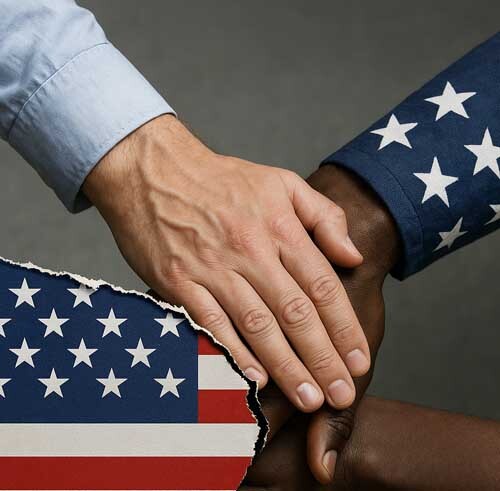
JTFMax
Why Racial Resentment Still Shapes America — And Why Most People Don’t Realize It
America talks a lot about racism in its history: segregation, Jim Crow, unequal schools, and discriminatory policing. But UC Berkeley scholar David C. Wilson argues that today’s biggest challenge isn’t the old, open racism of the past. It’s something quieter, more psychological, and far more complicated — racial resentment. And most people, including well-meaning Americans of all backgrounds, misunderstand what that actually means.
Wilson, a political psychologist and dean at UC Berkeley’s Goldman School of Public Policy, explains in his book Racial Resentment in the Political Mind that racial resentment is not about personal hatred. Instead, it’s about how people think fairness should work in a country where opportunity has always been unequal — but where many believe it shouldn’t be.
He finds that many white Americans accept that racism is wrong, yet still feel threatened by programs meant to repair past harm, such as affirmative action, police reform, or efforts to direct resources to underserved communities. To them, these changes feel like rules being rewritten in ways they can’t benefit from, even if the goal is fairness for everyone.
Wilson and co-author Darren W. Davis describe three forces that fuel today’s resentment.
First, the belief in deservingness: the idea that anyone who works hard should succeed, and that helping one group means taking something away from another. When racial-justice policies appear to “give” opportunities based on race, some see that as unfair — not because they hate other groups, but because it feels like a threat to their own stability.
Second, blame-shifting: when people who oppose racism still distance themselves from supporting racial equity by telling themselves the problem lies with the disadvantaged group, not with the system. It helps avoid guilt or responsibility but deepens division.
Third, political manipulation: leaders use careful messaging — “dog whistles” — to tap into fears about rule-breaking, social change, or “losing status.” These signals never mention race directly, but they play on anxieties about a diversifying America. The appeal is familiar: Someone else is getting ahead unfairly, at your expense. It works because the fear feels real, even if the narrative is not.
As the United States becomes more diverse, these tensions sharpen. Wilson stresses that people generally fear losing what they know more than they fear injustice continuing for others. “The status quo calms us,” he says — even when it leaves inequality untouched.
Wilson doesn’t argue that resentment is the same as racism, nor that calling people racist helps. In fact, he says it shuts down conversations entirely. Change, he suggests, requires talking openly about fear, anxiety, and uncertainty — not accusation or blame.
His message is simple but challenging: America cannot reach fairness without change, and change will not happen unless people understand why resentment takes hold and how easily it can be manipulated.
Understanding that dynamic is the first step toward getting everyone back to the table.

Desert Local News is an invitation-only, members-based publication built on fact-checked, non-biased journalism.
All articles are publicly visible and free to read, but participation is reserved for members—comments and discussion require an invitation to join.
We cover local, state, and world news with clarity and context, free from political agendas, outrage, or misinformation.
Comments